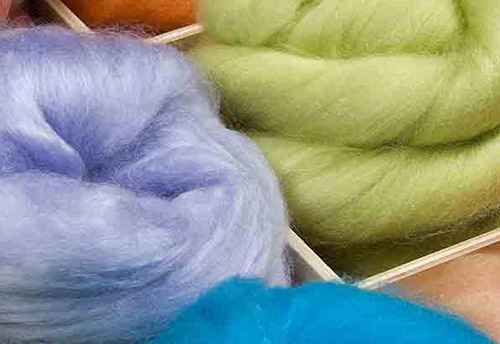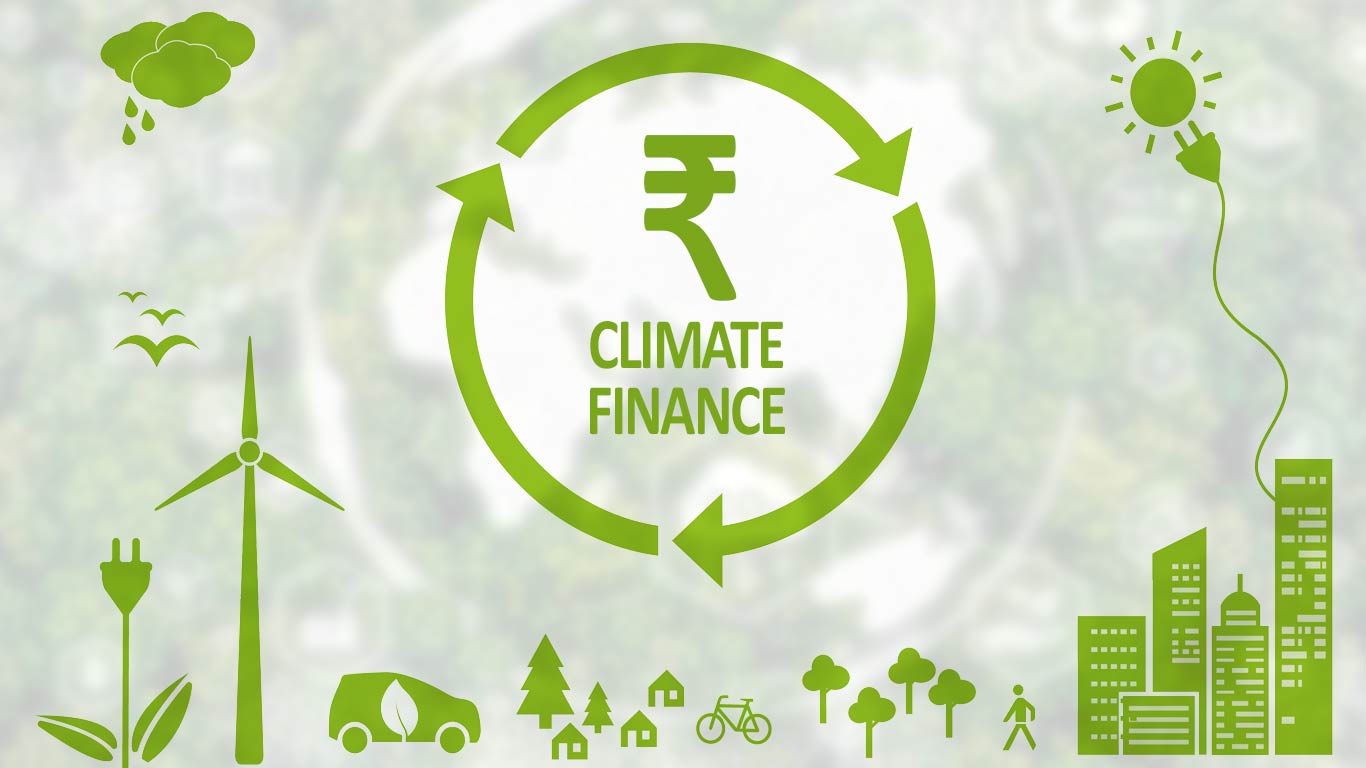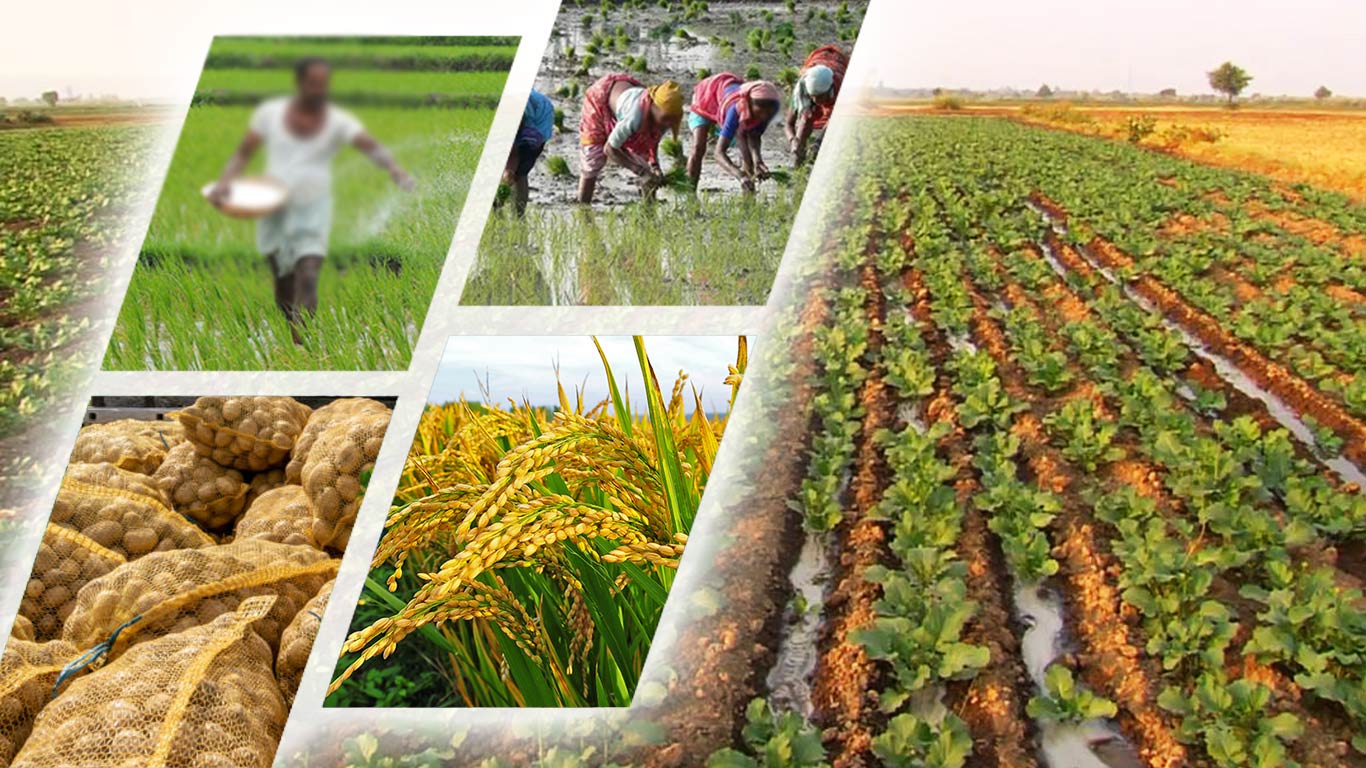Rising MMF imports post GST hurting domestic industry badly: CITI
Updated: Sep 16, 2019 08:58:14am

Rising MMF imports post GST hurting domestic industry badly: CITI
New Delhi, Sep 16 (KNN) Continuous rise of man made fibre (MMF) imports, especially after GST implementation, is deeply hurting the domestic textile industry, said Sanjay Jain, Chairman of Confederation of Indian Textile Industry (CITI).
He stated that MMF is an important segment of the Indian textile and clothing industry and it has made substantial investment to enhance its capacity building to meet the desired target of US$ 350 billion market by 2025.
Based on CITI analysis, Jain observed that there is an increase in imports of all the MMF products post GST, however, there is a substantial increase in imports of MMF Yarn and Apparel at 83% and 84%, respectively.
The main reason for the same being the removal of CVD post GST, which overnight made imports 12% + cheaper. Import duty on fabrics and garments was subsequently increased by the Government to control imports, hence the imports of fabrics has been relatively under control, but garments due to FTAs could not be controlled by this measure, he addded.
He further pointed out that the Polyester based products have the highest share in Indian MMF Textiles.
Imports of polyester yarn in India have increased by a CAGR of about 13% since 2014-15 to reach US$ 95 million in 2018-19. Indonesia is the biggest supplier of polyester yarn to India and imports from there have increased exponentially at a CAGR of 59% during the same period, mentioned Jain.
He said that the woes have further aggravated this year, as the imports of Polyester and Viscose Spun Yarn in quantity terms have increased by about 71% and 78% respectively during Apr-July 2019 as compared to the corresponding period of the last year. In the month of July alone, imports of both products have increased exorbitantly by 193% and 342%, respectively as compared to the corresponding period of the last year.
Rising imports is impacting the domestic MMF Yarn and Garments manufacturers in a big way. It is also not in favour of Government’s “Make in India” initiative and is acting as a big disincentive for the upstream industry from investing, said Jain.
CITI Chairman said "There are certain structural issues like relatively higher fibre, power and interest rates, which have made the upstream industry costlier and hence attracting imports from other countries."
Till these structural disadvantages are not resolved, it’s important that a level playing field is maintained and sufficient protection is given to the industry to provide incentive for the growth of the same, added Jain.
He further pointed out that under the GST regime, MMF textile products suffer from an inverted duty structure as such as MMF Fibre, Yarn and Fabric attracts GST at the rate of 18%, 12 % and 5% respectively. This has resulted in heavy blockage of working capital plus GST paid on Capital Goods, Services & certain Inputs being added to cost in the hands of the MMF Textile buyer. These taxes are not considered for calculation of refund of input tax credits. This has made MMF Textiles costlier to the extent of such un-refunded taxes.
He stated that this will restrict further expansion in MMF textile value chain. The refund of input credits due to inverted duty is a tedious task and the smaller players are unable to avail it and even those who are getting the refunds are facing liquidity stress.
For the upliftment of the MMF sector, Chairman requested the Government to extend uniform GST rate of 5% for MMF products - Fibre, Yarn and Fabric.
Doing so will not result in any revenue loss, as Fabric is already at 5% and all inverted duty is refundable. This would eliminate accumulation of ITC, said Jain.
In addition, he requested the Government to increase the import duty on MMF based Spun Yarn, from 5% to 10% as there is huge surge of imports in these categories post GST. Fibre attracts 5% import duty while fabric and garments attract 20%, hence logically yarn should attract 10%.
He also requested higher drawback for value added industry, where the raw materials are attracting drawback to ensure a level playing field is maintained with global competition who have access to raw materials at international price. Further, all FTAs, should take into account the size, importance and competitiveness of both the domestic and partner country industry before giving duty free access to the Indian market.
Jain expressed anguish that India despite having world class fibre manufacturing capacities, is losing out to competitors like Bangladesh and Vietnam who import their fibre requirements.
The Textile Industry cannot meet its USD 350 billion target unless the MMF segment of industry grows at double digit rate in the years to come, asserted Jain.
--------------------------











